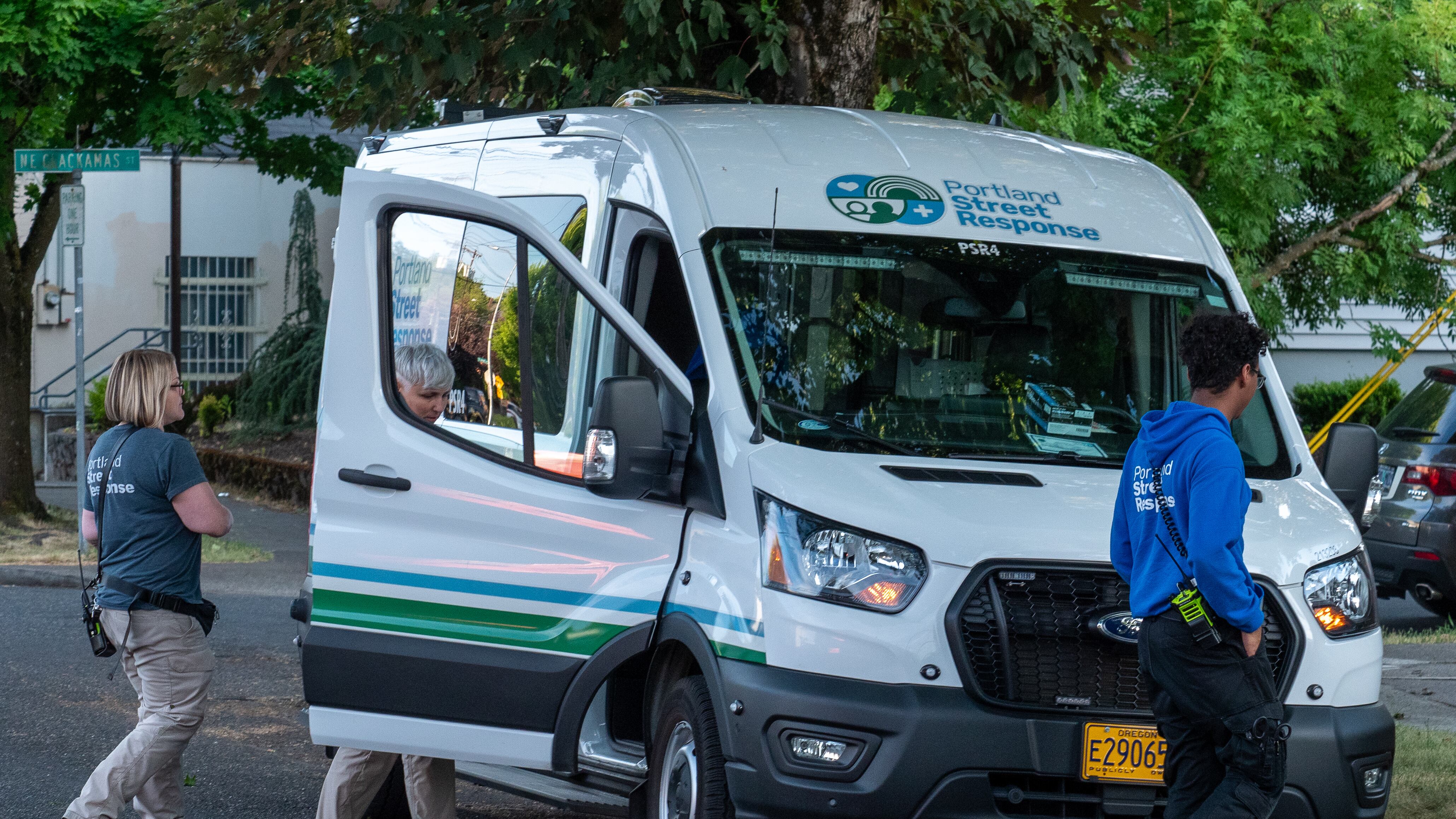COUNTY NIXED STREET RESPONSE AID: As supporters of Portland Street Response continue to pressure City Hall to support the embattled program (they’ve gathered nearly 11,000 signatures in a petition drive), details have emerged about one of the paths not taken. In June, when the city and Multnomah County were renegotiating the terms of the Joint Office of Homeless Services, which both help fund, Fire Commissioner Rene Gonzalez floated a last-minute proposal: The Joint Office, which has vastly underspent its budget, should allocate part of any unspent funds to support PSR and another Portland Fire & Rescue program called CHAT that provides medical support to Portlanders on the margin. Currently, the fire bureau is struggling to fund its traditional operations as well as the two new programs, which often help some of the same constituents the Joint Office seeks to aid. But Gonzalez’s pitch came to the county late and without support from Mayor Ted Wheeler’s office, so it is not part of the one-year extension of the operating agreement the county announced June 9. “Only raising this important question in a much broader amendment the day before a City Council vote is not in the spirit of collaboration and discussion needed to solve the complex problems unique to PSR,” county spokeswoman Julie Sullivan-Springhetti says. “We are assessing options for long-term funding and service delivery, and we’ve reached out to stakeholders and county staff to figure out how to make this city program a reliable community resource.”
PORTLAND NO LONGER HAS A DAILY NEWSPAPER: The Oregonian plans to stop printing a newspaper three days a week, limiting its editions to Wednesdays, Fridays, Saturdays and Sundays—and leaving Portland without a daily paper for the first time in more than a century. The shrinking newspaper—which has run in print daily since 1881—will scrap its Monday, Tuesday and Thursday print editions beginning next year, according to a memo sent to staffers Monday evening. “As The Oregonian / OregonLive continues to press ahead, we will offer The Oregonian exclusively online to subscribers Mondays, Tuesdays and Thursdays next year. The change will become effective January 1, 2024,” John Maher, president of the Oregonian Media Group, announced in the July 31 email. In 2013, the paper began largely delivering to homes only on Wednesdays, Fridays, Saturdays and Sundays. The publication was, however, still printed every day and available, primarily in stores, seven days a week. Some die-hard readers also opted to have it delivered to their homes daily via an independent distributor. The choice to scale back printing to four days a week simply makes sense businesswise, Maher tells WW.
PROLOGIS SKIRTS PUBLIC SCRUTINY ON KMART CLEANUP: There’s some confusion about who’s supervising the cleanup in East Portland where the vacant Kmart on Northeast Sandy Boulevard erupted in flames last month, raining Frisbee-sized chunks of charred debris on houses, parks and schools. The Oregon Department of Environmental Quality asked Prologis, the company planning to build a shipping warehouse on the property, to sign a voluntary cleanup agreement, but Prologis declined. “Our understanding is they are working with the mayor’s office on cleanup,” DEQ spokeswoman Susan Mills says in an email. But the city says otherwise. “The city doesn’t have jurisdictional authority,” spokeswoman Jaymee Cuti says. Prologis, meantime, says it didn’t enter a voluntary agreement because one isn’t required. Neither DEQ nor the U.S. Environmental Protection Agency has found any asbestos in samples they’ve taken (Portland Parks & Recreation found the carcinogen in one of nine samples it took). “This situation is not a hazardous substance cleanup event,” Prologis spokeswoman Jennifer Nelson said in an email. But without an agreement, the public may have trouble learning what gets cleaned up, DEQ’s Mills says. “Had a voluntary cleanup agreement been signed, it would have included a scope of work that DEQ would approve, and DEQ would have continued to be involved in engaging the community,” Mills says. “Since Prologis is doing the cleanup independently, it means we do not know the scope of what they will clean up, and DEQ is no longer at the decision-making table.”
NEARLY TWO DOZEN MODELS SUE PORTLAND SWINGERS CLUB: Club Privata, the downtown Portland swingers club, was sued in federal court last week by 22 models who say the nightclub is using their images in promotional materials without permission. “Defendant misled consumers and defamed Plaintiffs’ character and reputation by making it appear that Plaintiffs were so-called ‘swingers,’” according to a complaint filed in U.S. District Court on July 26. The models are asking for nearly $6 million in compensation for “gross and wanton” defamation. Included in the lawsuit are detailed biographies of the 22 models, who include Irina Voronina (Playboy’s Miss January 2001) and Cora Skinner (78 million Instagram followers), as well as dozens of screenshots of Club Privata’s website featuring the often bikini-clad—or, in the case of the men, bare-chested—models advertising parties like “Cinco de Sexo” and “Sexy Sailors and Schoolgirls.” Club Privata never contacted any of the plaintiffs to request permission to use their images, the lawsuit alleges. The 8,776-square-foot club opened seven years ago in a building once occupied by Ron Jeremy’s Club Sesso, which was closed following an unpermitted swingers party. The new space is “Portland’s only upscale lifestyle nightclub,” according to a press announcement at the time. Representatives for Club Privata did not respond to requests for comment.

